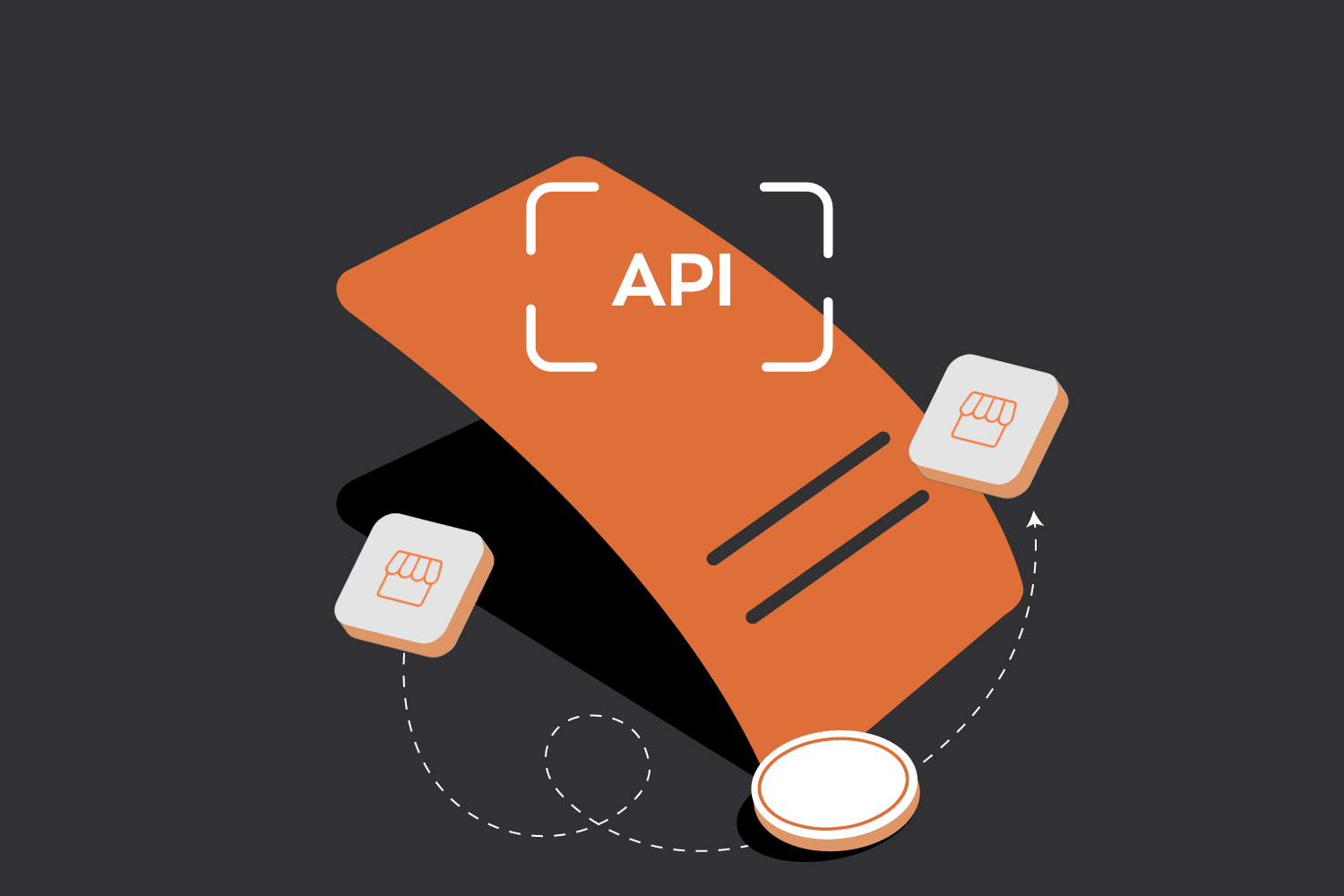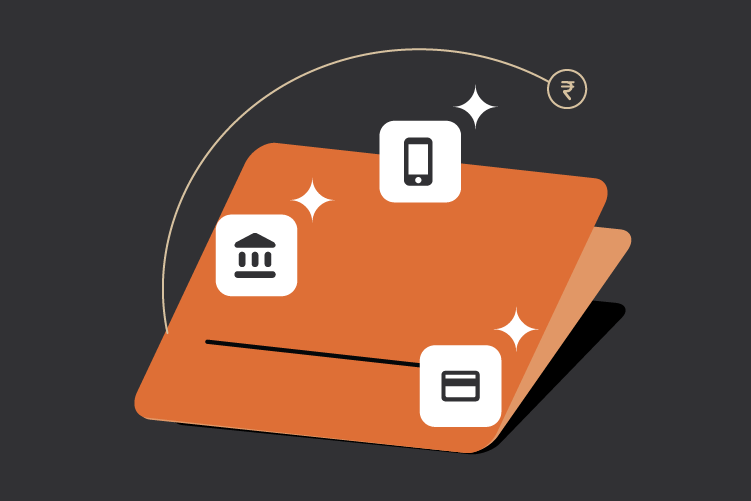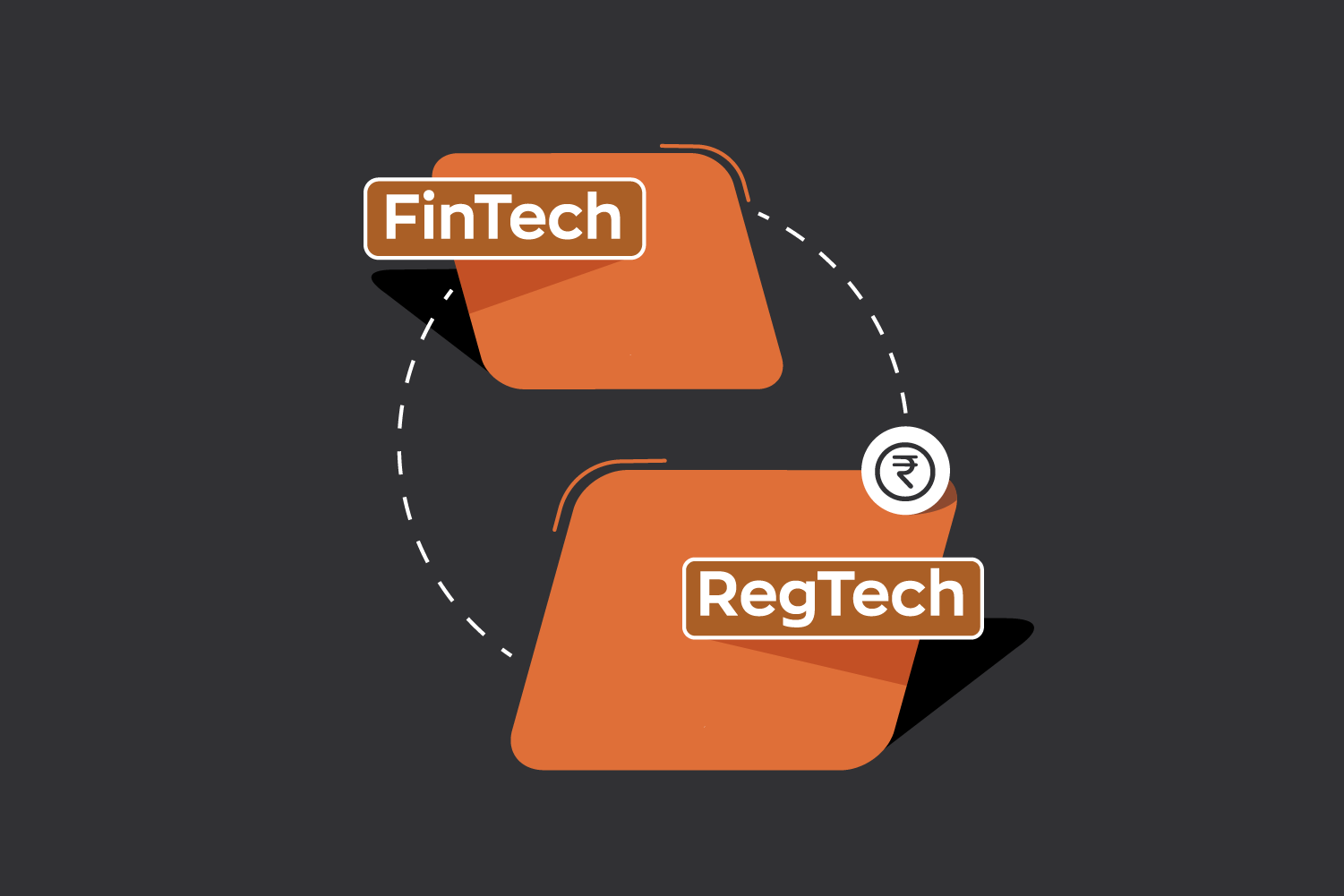In today’s fast-paced business environment, efficient goods movement is crucial for success. The government introduced e-way bills under the Goods and Services Tax (GST) regime to streamline the movement of goods and ensure compliance. However, manually generating and managing e-way bills can be time-consuming and prone to errors. Here’s where e-way bill APIs come in, offering a seamless solution for businesses of all sizes.
This article explains all about e-way bills, including applicability, importance, e-way bill APIs, and how e-way bill APIs help with goods movement.
What is an e-way bill under GST?
An e-way bill is an electronic document required for the movement of goods. An e-way bill captures information about the consignment, including the supplier, recipient, description of goods, and value.
Applicability of e-way bill in India
e-Way bill for inter-state movement
All inter-state movement of goods, irrespective of value, requires an e-way bill.
Example: A clothing manufacturer in Delhi needs to ship a consignment worth Rs 75,000 to a retailer in Mumbai. An e-way bill is mandatory.
e-Way bill for intra-state movement
Intra-state movement of goods exceeding Rs 50,000 value requires an e-way bill. However, it can change from state to state.
Example: A bakery in Pune needs to deliver cakes worth Rs 1.2 lakh to various customers within the city. They must generate an e-way bill for each transaction exceeding Rs 50,000.
Why are e-way bills crucial for businesses?
Faster movement of goods
The removal of state border checkpoints led to faster movement of goods across India.
Example: In the pre-GST era, a truck transporting goods from Delhi to Chennai could face delays of several hours or even days at state borders. This significantly increased the transit time. However, after the removal of these checkpoints, the same journey can be completed much faster.
Enhanced compliance
e-Way bills help businesses stay compliant with GST regulations, reducing the risk of penalties and disruptions.
Example: A company transporting pharmaceuticals omits to generate an e-way bill for a consignment. They could face penalties and delays at checkpoints.
Reduced Paperwork
e-Way bills eliminate the need for physical documentation, streamlining processes and saving time.
Example: A logistics company used to handle paper-based waybills. Integrating with e-way bill APIs automates the process, saving them valuable resources.
What is the validity of e-way bills?
The validity period of an e-way bill depends on the type of the vehicle and distance between the origin and destination.
| Type of the vehicle | Distance to be covered | Validity |
| Other than Over Dimensional Cargo | Up to 200 kms | 1 day |
| For every additional 200 Kms or part thereof | 1 additional day | |
| Over Dimensional Cargo | Up to 20 kms | 1 day |
| For every additional 20 Kms or part thereof | 1 additional day |
Example: If you are transporting goods in a regular cargo vehicle from Bengaluru to Chennai, which is approximately 400 km away, your e-way bill is valid for 2 days.
How to implement e-way bill APIs?
Several e-way bill API providers offer integration solutions. Here’s a step-by-step process:
- Choose an e-way bill API provider: Research and choose a reliable e-way bill API provider based on features, pricing, and integrations with your existing software.
- Obtain API Credentials: Register with the chosen provider and obtain API credentials (client ID and secret key) to access their services.
- Integrate the API: Integrate the e-way bill API with your existing accounting, inventory, or transport management software. This might involve working with a developer or using built-in integrations offered by the provider.
e-Way bill API providers such as Zwitch, offers you:
- Security: Ensure your chosen e-way bill API provider prioritizes data security and complies with relevant regulations.
- Scalability: Choose an API that scales to meet your growing business needs, especially if you anticipate high transaction volumes.
- Integration ease: Evaluate if the API offers seamless integration with your existing software system to minimize technical challenges.
How do e-way bill APIs smoothen the goods movement?
e-Way bill APIs offer numerous benefits that translate to seamless goods movement:
- Automated generation: Businesses can automate e-way bill generation through APIs using the data from their existing systems, eliminating manual data entry and reducing errors.
- Bulk processing: Generate e-way bills for multiple consignments simultaneously, saving time and effort for high-volume businesses.
- Real-time updates: Receive instant notifications about e-way bill status changes (e.g., generation, cancellation) for better supply chain visibility.
- Reduced errors: Automated data transfer from existing systems minimizes manual errors and discrepancies in e-way bill information.
- Improved logistics efficiency: APIs facilitate seamless integration with logistics management software, optimizing delivery routes and resource allocation.
e-Way bill APIs play a critical role in streamlining goods movement under the GST regime. The e-way bill APIs help with improved efficiency, cost savings, and compliance by automating e-way bill generation, reducing paperwork, and enhancing supply chain visibility.
Interested in our APIs? Let’s talk!
Tell us your automation goals, and we’ll set you up with a free, personalized demo from our API expert.
Click HereFrequently Asked Questions (FAQs)
What is the threshold limit for generating an e-way bill?
There’s no threshold limit for generating an e-way bill for inter-state movement and Rs 50,000 for intra-state movement.
What happens if an e-way bill is not generated or is incorrect?
Failure to generate an e-way bill or providing incorrect information can lead to penalties and delays at checkpoints.
Can e-way bills be canceled?
Yes, e-way bills can be canceled under certain circumstances, such as if the goods are not moved or the transaction is canceled.
How can businesses choose the right e-way bill API provider?
Businesses should consider factors such as the provider’s reputation, features, pricing, integration capabilities, and security measures when selecting an e-way bill API provider.



0 Comments